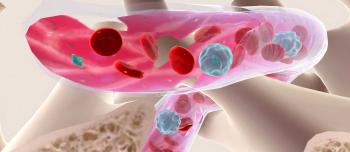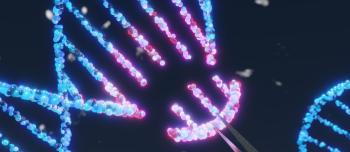Baxter presented interim data from a phase 1 multicenter, international clinical study of the company’s new recombinant von Willebrand factor therapy (rVWF) at the 52nd Annual Meeting of the American Society of Hematology in Orlando, FL, on December 6, 2010. The data came from 22 patients enrolled in the study, those with type III von Willebrand disease (VWD) or severe type I VWD.
Patients in the study were given four different concentrations of rVWF in a dose-escalating regimen. No clots, inhibitors or other adverse reactions were reported. Study investigators found that the rVWF was safe, well tolerated and had a pharmacokinetic (processing and duration of drug’s effect in the body) profile comparable to that of plasma-derived von Willebrand factor, the current treatment for patients with VWD. Because rVWF is a recombinant product, it is not made from blood components, thus lowering the risk of infection.
Both the U.S. Food and Drug Administration (FDA) and the European Commission granted orphan drug designation for Baxter’s rVWF in November 2010. Orphan drug status is typically granted to therapies designed to treat small numbers of patients. The FDA’s Office of Orphan Products Development defines these as drugs that will treat fewer than 200,000 people. Orphan drug designation opens the door for an expedited review process and for accelerated approval of much-needed drugs or biologics for patients with rare, life-threatening diseases, including those with bleeding disorders.
“Providing patients and physicians with a plasma- and albumin-free, recombinant treatment option for a condition that is as challenging to treat as von Willebrand disease is an important focus for Baxter’s clinical research and development efforts,” said Bruce Ewenstein, MD, PhD, vice president, clinical affairs at Baxter.
Source: Baxter press release dated December 6, 2010





